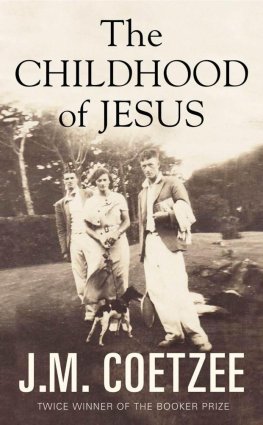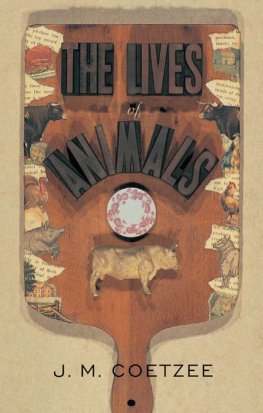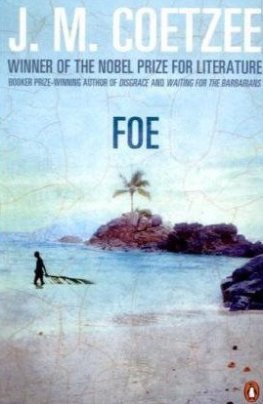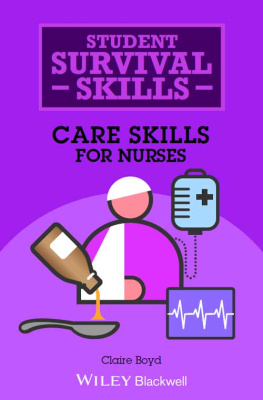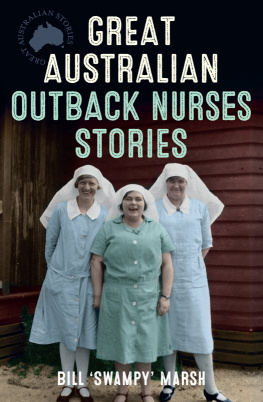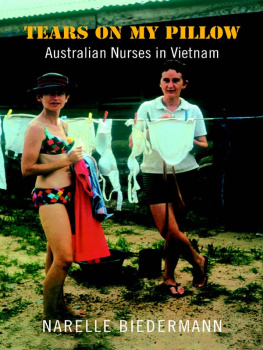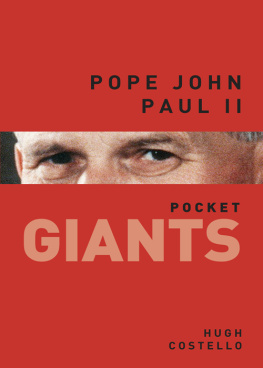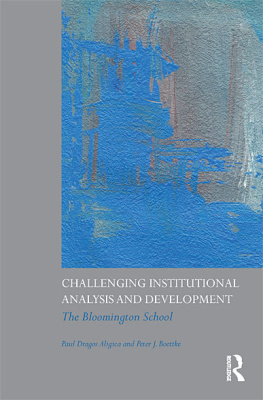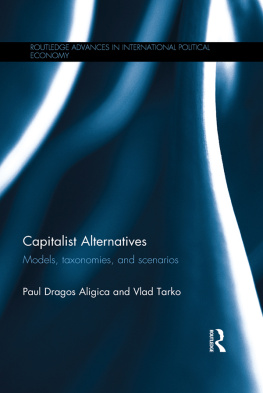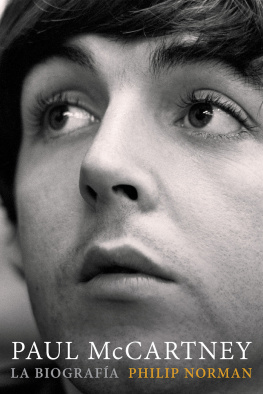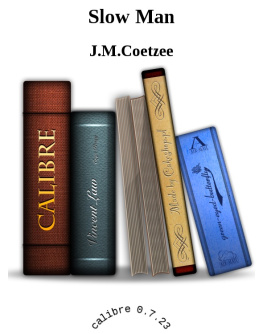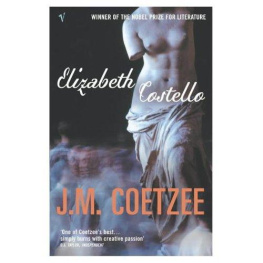
THE BLOW CATCHES him from the right, sharp and surprising and painful, like a bolt of electricity, lifting him up off the bicycle. Relax! he tells himself as he flies through the air (flies through the air with the greatest of ease!), and indeed he can feel his limbs go obediently slack. Like a cat he tells himself: roll, then spring to your feet, ready for what comes next. The unusual word limber or limbre is on the horizon too.
That is not quite as it turns out, however. Whether because his legs disobey or because he is for a moment stunned (he hears rather than feels the impact of his skull on the bitumen, distant, wooden, like a mallet-blow), he does not spring to his feet at all, but on the contrary slides metre after metre, on and on, until he is quite lulled by the sliding.
He lies stretched out, at peace. It is a glorious morning. The sun's touch is kind. There are worse things than letting oneself go slack, waiting for one's strength to return. In fact there might be worse things than having a quick nap. He closes his eyes; the world tilts beneath him, rotates; he goes absent.
Once, briefly, he comes back. The body that had flown so lightly through the air has grown ponderous, so ponderous that for the life of him he cannot lift a finger. And there is someone looming over him, cutting off his air, a youngster with wiry hair and spots along his hairline. 'My bicycle,' he says to the boy, enunciating the difficult word syllable by syllable. He wants to ask what has become of his bicycle, whether it is being taken care of, since, as is well known, a bicycle can disappear in a flash; but before those words will come he is gone again.
HE IS BEING rocked from side to side, transported. From afar voices reach him, a hubbub rising and falling to a rhythm of its own. What is going on? If he were to open his eyes he would know. But he cannot do that just yet. Something is coming to him. A letter at a time, clack clack clack, a message is being typed on a rose-pink screen that trembles like water each time he blinks and is therefore quite likely his own inner eyelid. E-R-T-Y, say the letters, then F-R-I-V-O-L, then a trembling, then E, then Q-W-E-R-T-Y, on and on.
Frivole. Something like panic sweeps over him. He writhes; from the cavern within a groan wells up and bursts from his throat.
'Pain bad?' says a voice. 'Hold still.' The prick of a needle. An instant later the pain is washed away, then the panic, then consciousness itself.
He awakes in a cocoon of dead air. He tries to sit up but cannot; it is as if he were encased in concrete. Around him whiteness unrelieved: white ceiling, white sheets, white light; also a grainy whiteness like old toothpaste in which his mind seems to be coated, so that he cannot think straight and grows quite desperate. 'What is this?' he mouths or perhaps even shouts, meaning What is this that is being done to me? or What is this place where I find myself? or even What is this fate that has befallen me?
From nowhere a young woman in white appears, pauses, regards him watchfully. Out of the muddle in his head he tries to create an interrogative. Too late! With a smile and a reassuring pat on the arm that he seems strangely to hear but not feel, she moves on.
Is it serious?: if there is time for only one question, then that is what the question ought to be, though what the word serious might mean he prefers not to dwell on. But even more urgent than the question of seriousness, more urgent than the lurking question of what exactly it was that happened on Magill Road to blast him into this dead place, is the need to find his way home, shut the door behind him, sit down in familiar surroundings, recover himself.
He tries to touch the right leg, the leg that keeps sending obscure signals that it is now the wrong leg, but his hand will not budge, nothing will budge.
My clothes: perhaps that should be the innocuous preparatory question. Where are my clothes? Where are my clothes, and how serious is my situation?
The young woman floats back into his field of vision. 'Clothes,' he says, with an immense effort, raising his eyebrows as high as he can to signify urgency.
'No worries,' says the young woman, and blesses him with another of her smiles, her positively angelic smiles. 'Everything is safe, everything is taken care of. The doctor will be with you in a minute.' And indeed before a minute has passed a young man who must be the doctor referred to has materialised at her side and is murmuring in her ear.
'Paul?' says the young doctor. 'Can you hear me? Do I have the name right, Paul Rayment?'
'Yes,' he says carefully.
'Good day, Paul. You will be feeling a little fuzzy right now. That's because you have had a shot of morphine. We will be going into surgery in a short while. You took a whack, I don't know how much you remember, and it has left your leg a bit of a mess. We are going to have a look and see how much of it we can save.'
Again he arches his eyebrows. 'Save?' he tries to say.
'Save your leg,' repeats the doctor. 'We are going to have to amputate, but we will save what we can.'
Something must happen to his face at this point, because the young man does a surprising thing. He reaches out to touch his cheek, and then lets his hand rest there, cradling his old-man's head. It is the kind of thing a woman might do, a woman who loved one. The gesture embarrasses him but he cannot decently pull away.
'Will you trust me in this?' says the doctor.
Dumbly he blinks his eyes.
'Good.' He pauses. 'We don't have a choice, Paul,' he says. 'It is not one of those situations where we have a choice. Do you understand that? Do I have your consent? I am not going to ask you to sign on the dotted line, but do we have your consent to proceed? We will save what we can, but you took quite a blow, there has been a lot of damage, I can't say right now whether we can save the knee, for example. The knee has been pretty thoroughly mashed, and some of the tibia too.'
As if it knows it is being spoken of, as if these terrible words have roused it from its troubled sleep, the right leg sends him a shaft of jagged white pain. He hears his own gasp, and then the thudding of blood in his ears.
'Right,' says the young man, and pats him lightly on the cheek. 'Time to get moving.'
He awakes very much more at ease with himself. His head is clear, he is his old self (full of beans! he thinks), though pleasantly drowsy too, he could settle back into a nap at any moment. The leg that took the whack feels enormous, positively elephantine, but there is no pain.
The door opens and a nurse appears, a new, fresh face. 'Feeling better?' she says, and then quickly, 'Don't try to talk yet. Dr Hansen will be along in a while to have a chat. In the meantime there is something we need to do. So could I ask you just to relax while'
What she needs to do while he relaxes is, it transpires, to insert a catheter. It is a nasty thing to have done to one; he is glad it is a stranger who is doing it. This is what it leads to! he berates himself. This is what it leads to if you let your attention wander for one moment! And the bicycle: what has become of the bicycle? How am I going to do the shopping now? All my fault for taking Magill Road! And he curses Magill Road, though in fact he has been cycling Magill Road for years without mishap.
What young Dr Hansen has to present to him, when he arrives, is first a quick overview of his case, to
Next page

